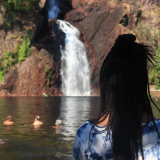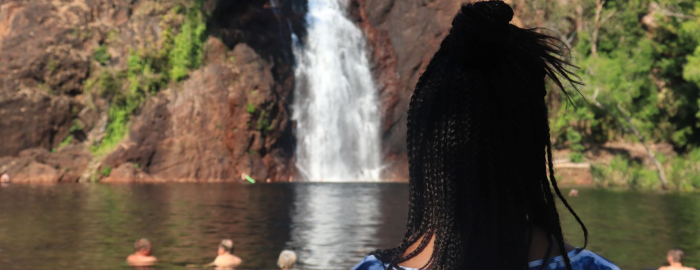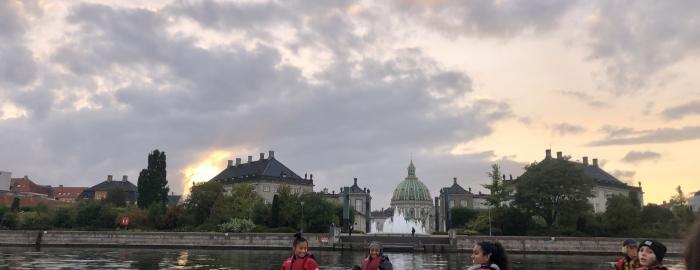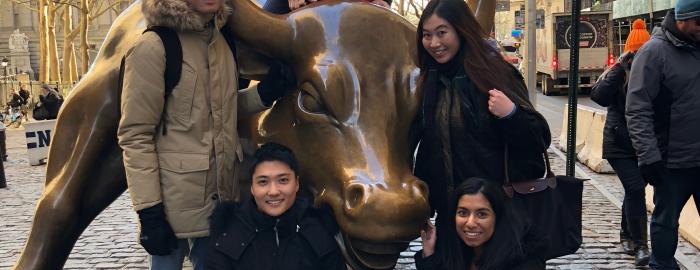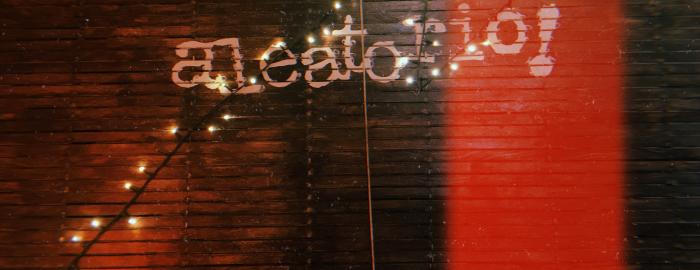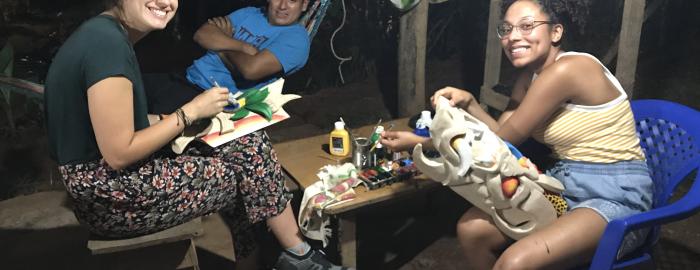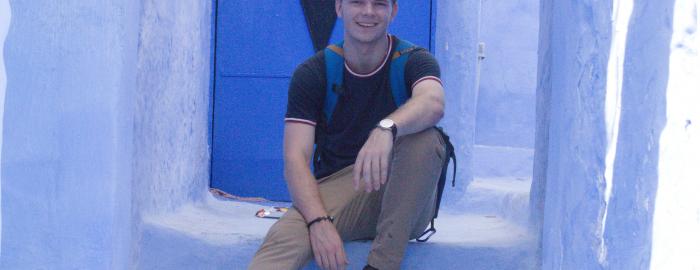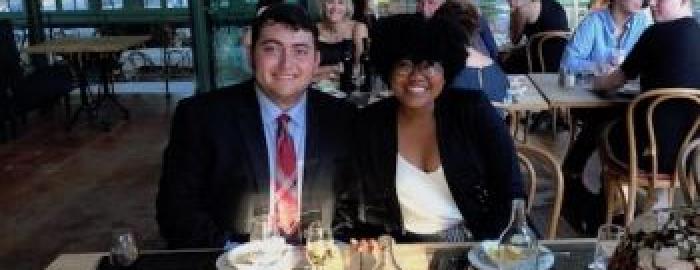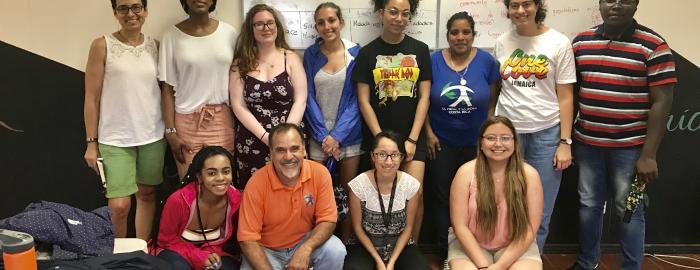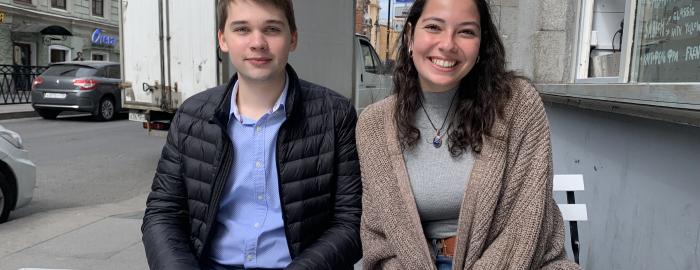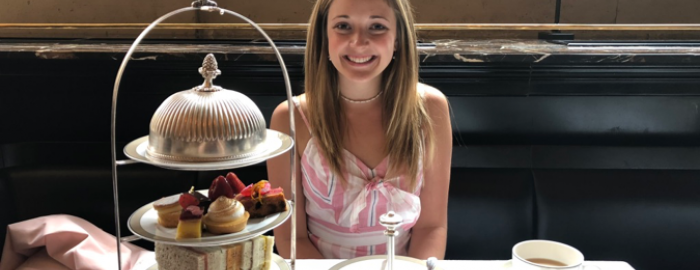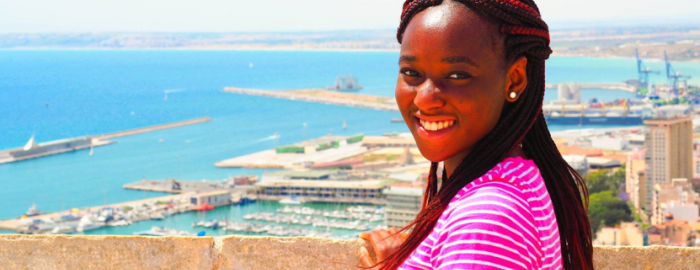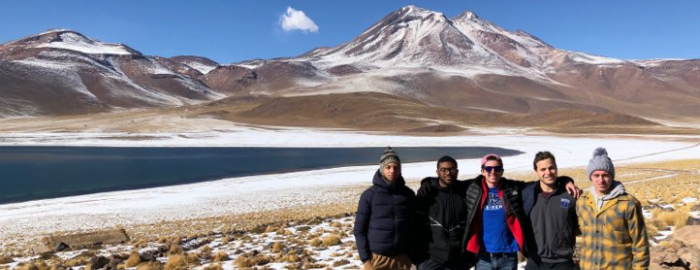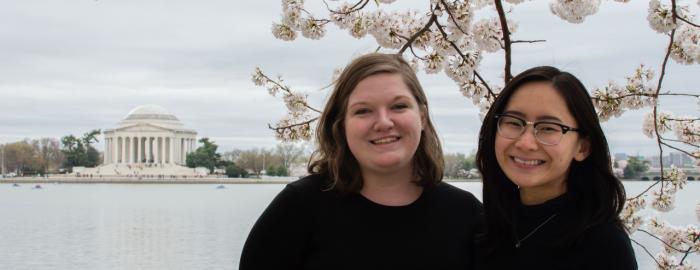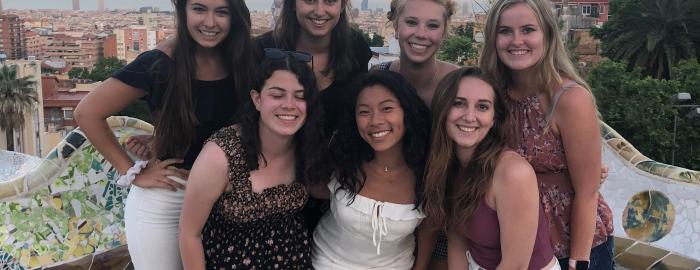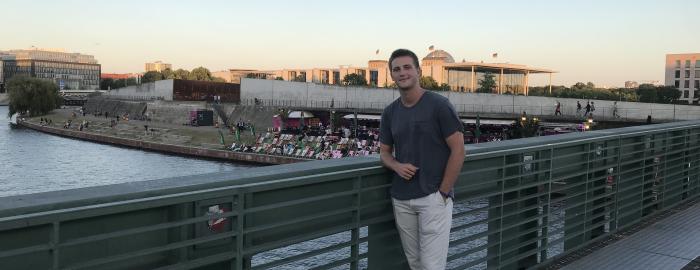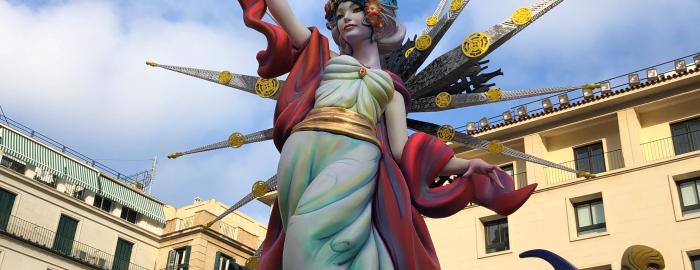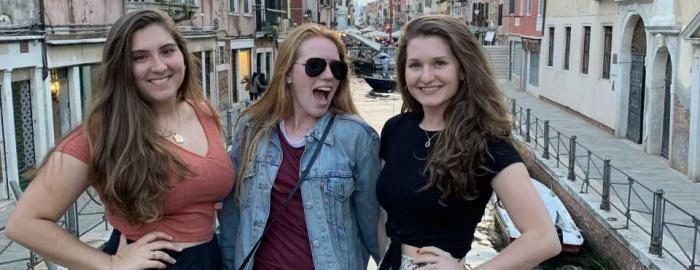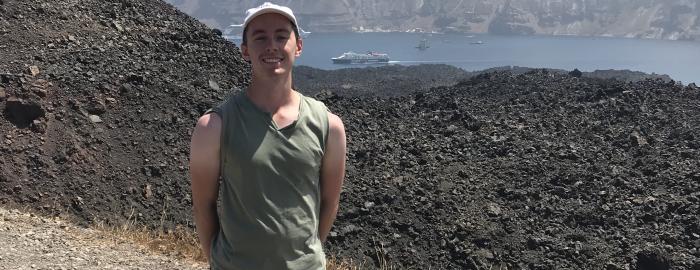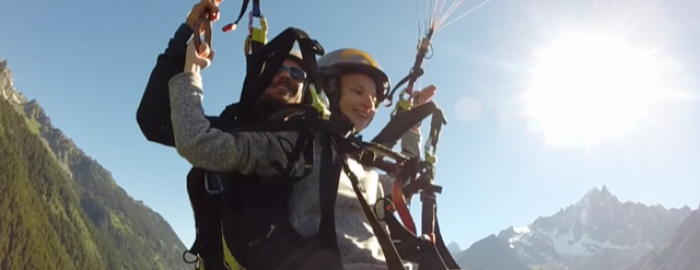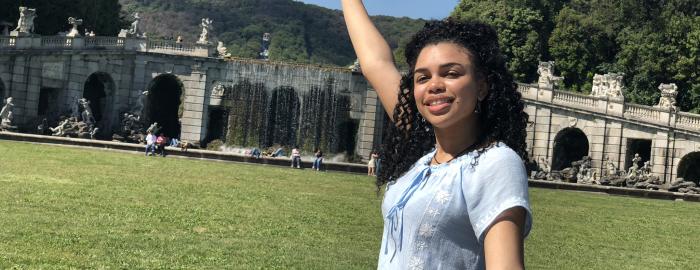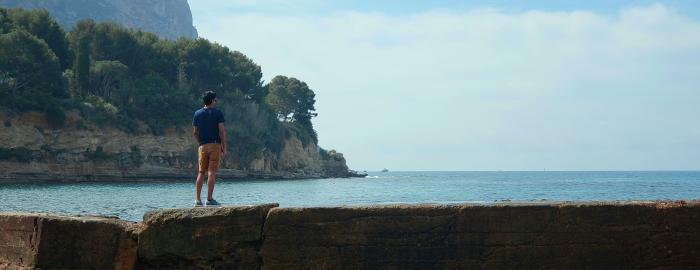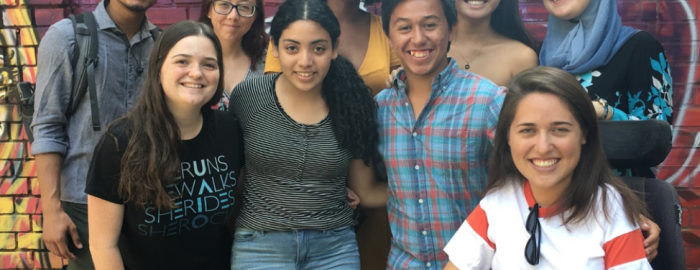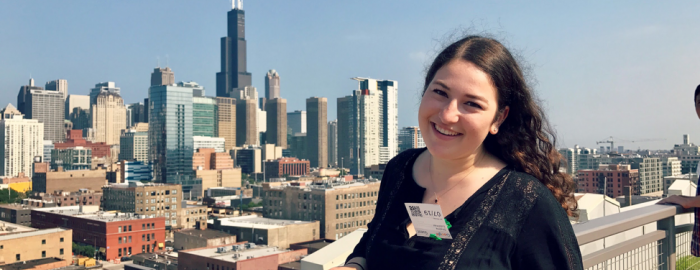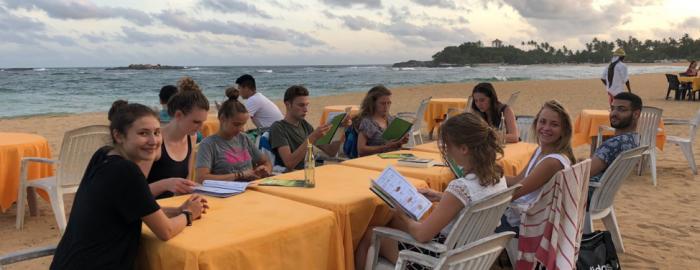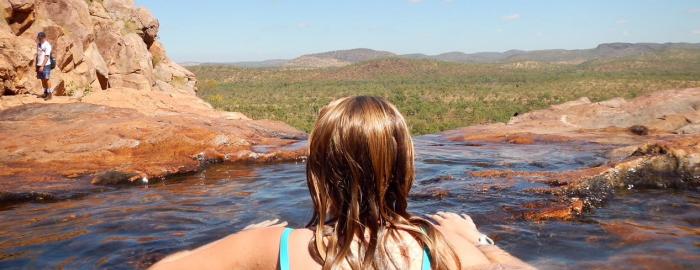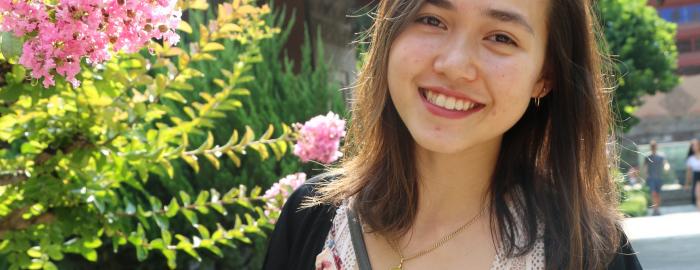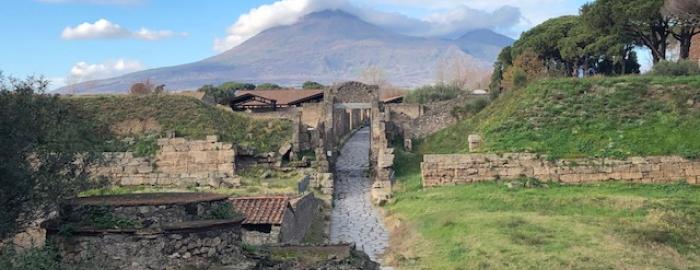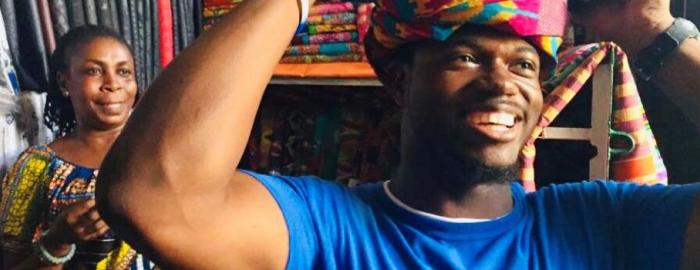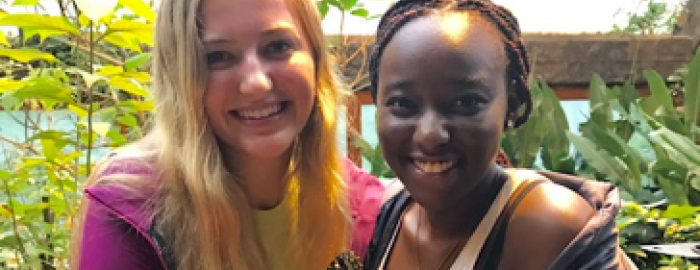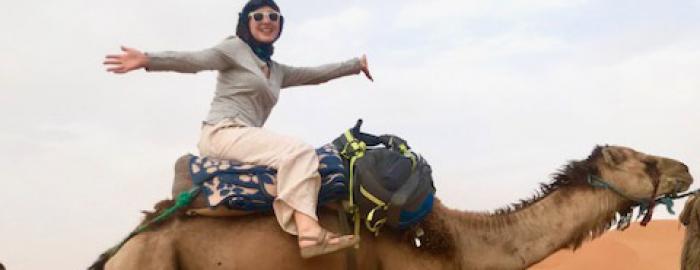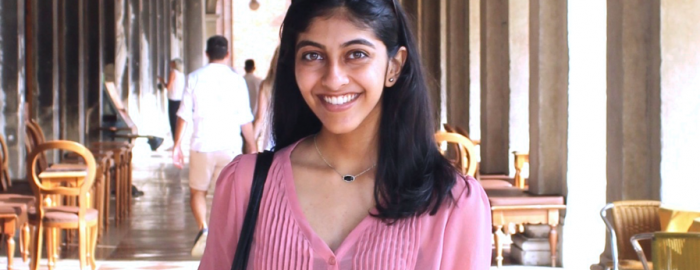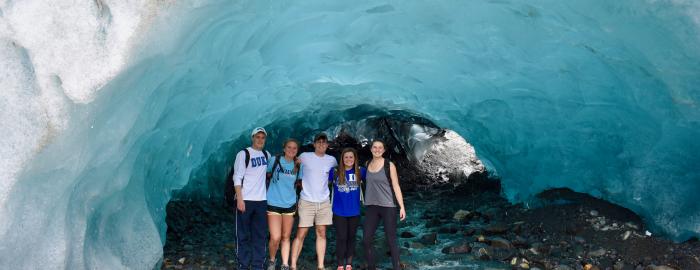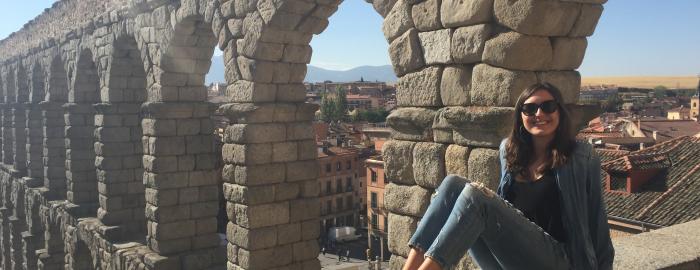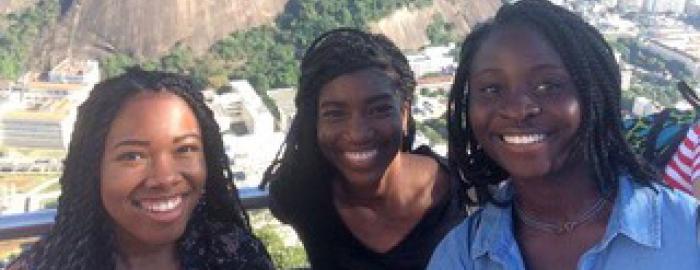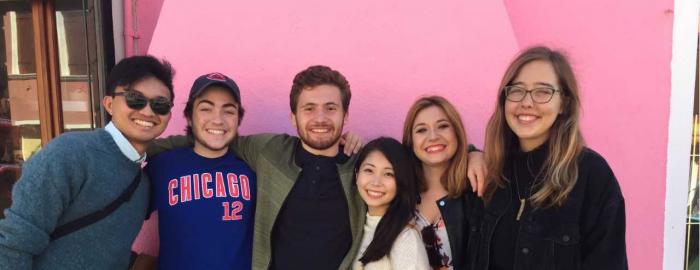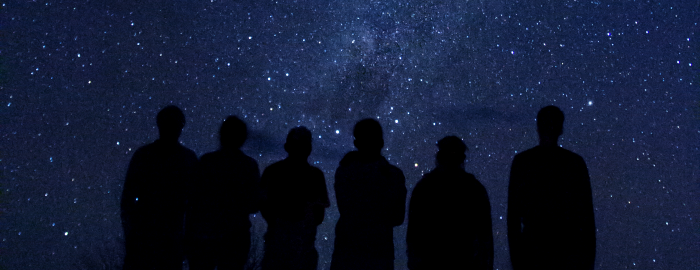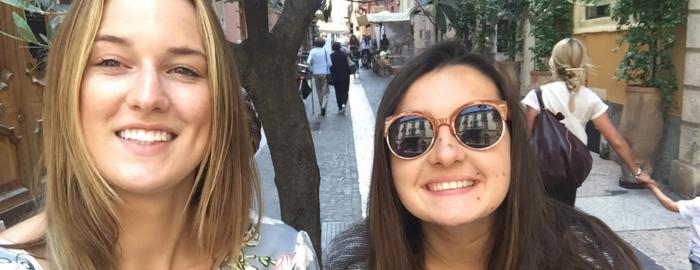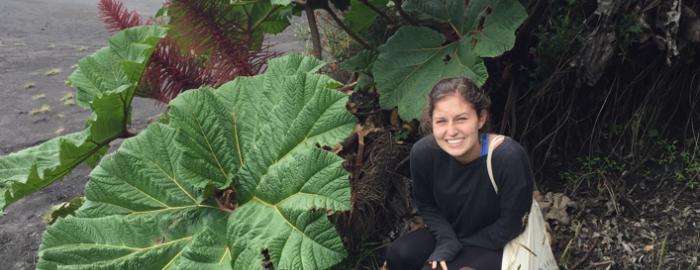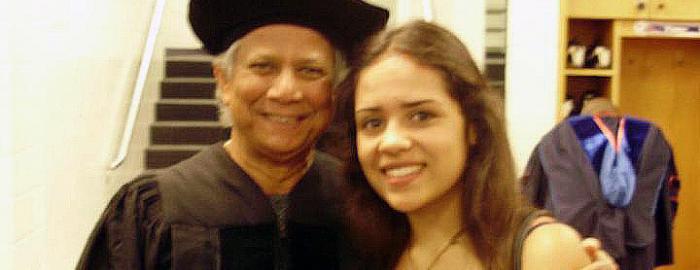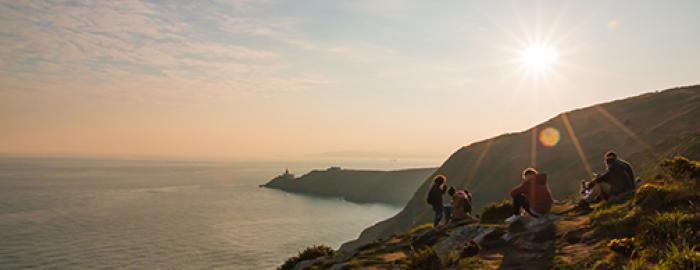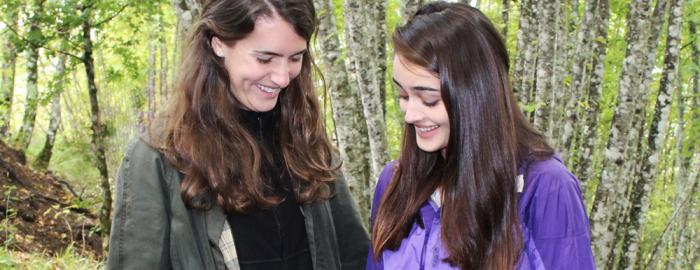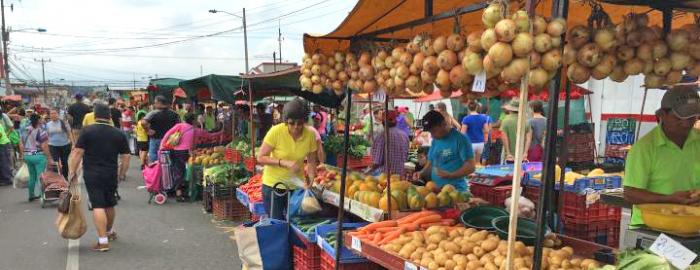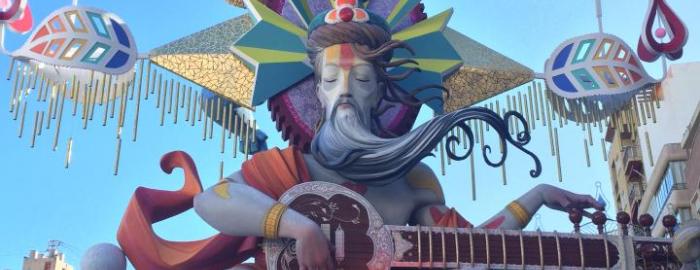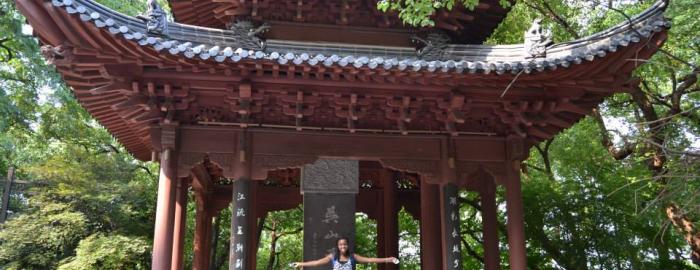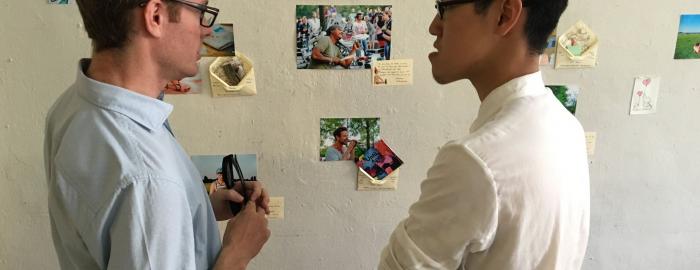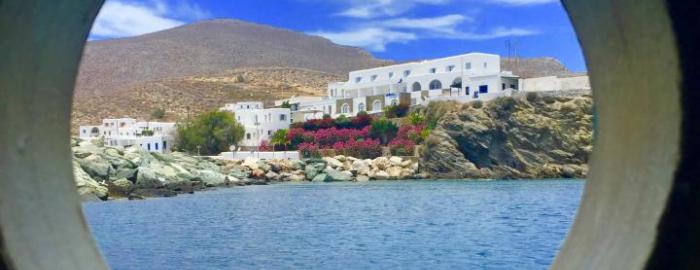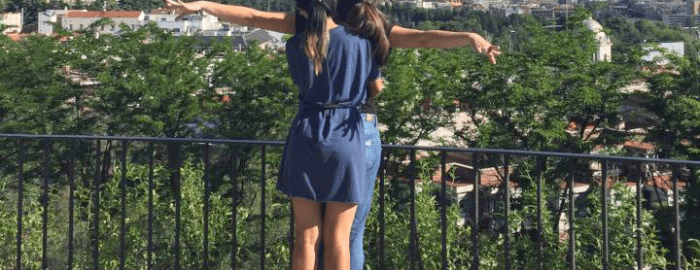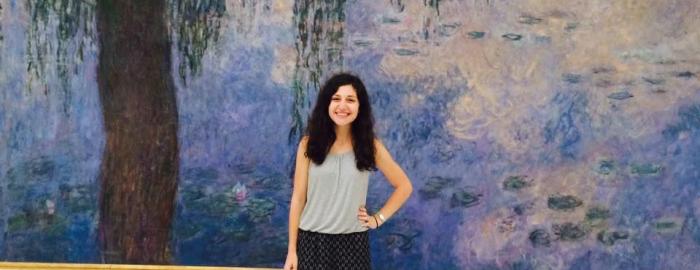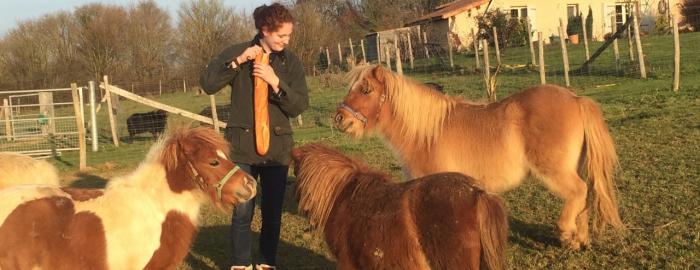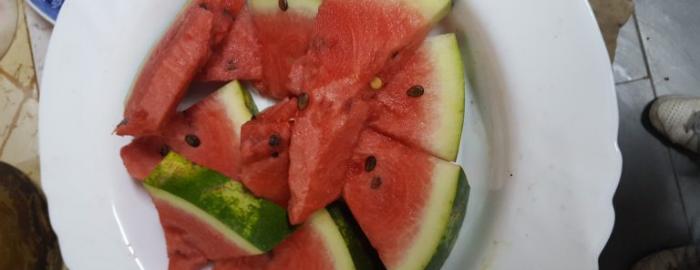Imari Elsie Genias graduated in May 2019 with a major in Biology and minors in Chemistry and in Visual & Media Studies. The summer before her senior year she participated in Duke in Australia.
On why she decided to do this program...
“I’d wanted to visit Australia since I was 11 years old because my brother had traveled there on a school trip. Most of the popular imagery around Australia focuses on "Crocodile Dundee," the Outback, koalas and kangaroos, etc. But when I arrived, I got to see how diverse Australia is. This is because the course we took was centered around biodiversity, so we didn't even visit the Outback. Instead we saw the suburbs, the mountains, beaches, and other aspects of Australia that aren't stereotypically ‘Australian.’ I was happy to witness this contrast because it made me realize that Australia is so much more than its cliches.”

On what surprised her or turned out differently than expected...
“I don't spend a lot of time doing outdoor activities like camping or hiking, but I knew going into the program that we’d do these things. I was surprised that we only camped for a few nights and that it wasn't that bad. At night, our professor, Alex Glass, and out Australian tour guides pointed out the constellations and how they were different in the Southern Hemisphere. The hiking aspect of the trip was hard for me, but most of us students shared that struggle. The positive aspect of hiking was that it allowed us to explore the plants and the physical landscape up-close. I wouldn't describe myself as an outdoorsy person now, but exploring nature in this way was a cool experience.”

On her greatest takeaway...
“My greatest takeaway was uncovering just how unique Australia is—especially the animals. Each person had to do a presentation on an animal group that was native to Australia, so we learned a lot about the animals. We watched David Attenborough documentaries on Australian wildlife which spoke about the unique history of Australia. Because Australia is so geographically isolated, Australia's wildlife is very distinct. For example, most of the animals (and plant) species on the continent can only be found in Australia. But as with any former European colony, different animals were brought along with the settlers. However, unlike in other colonies, these new animals had adverse effects. For example, hooved animals negatively affected the landscape, rabbits are still a pest for vegetation, and the introduction of carnivorous predators like foxes have lead to higher predation and competition with native animals. More recently, cane toads have disrupted the ecosystem. Obviously invasive species can be a problem anywhere, but it was interesting to see how many non-native species disrupted the Australian ecosystem throughout a relatively short period of time.”

On how this program played into the rest of her undergraduate experience...
“I participated in this program the summer before my senior year, so I didn't have much time left in my undergraduate career. However, I was happy to meet new people and I stayed in touch with a few of them. Participating in a study abroad experience before I graduated was important to me. I really enjoy learning about different cultures and going to Australia provided me with the opportunity to do just that. Going to Australia allowed me to expand my horizons personally and academically.”

On advice she has for students considering the program...
“This program is incredibly fun and educational, but there is a lot of work involved. There’s the physical aspect, which I alluded to earlier—walking, hiking, swimming and travelling, so it's not just a walk in the park. You don't have to be a gym rat to participate, just know that it’s expected that you’ll be active. With that said, the program is very rewarding. We traveled to various parts of Australia, each with its unique climate and environment. Every place offered a lot to learn. My main advice would be to have an open mind and be willing to try as much as possible.”
Programs Featured:
